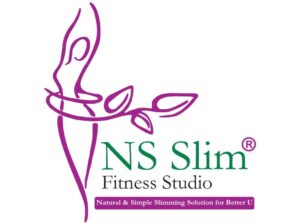Pre Pregnancy Diet
A pre-pregnancy diet focuses on optimizing health and nutrition to support fertility and prepare the body for pregnancy. Here’s what it typically includes

Folate-rich foods: Folate, or folic acid, is essential for preventing neural tube defects in the developing fetus. Good sources include leafy green vegetables (spinach, kale), citrus fruits, beans, lentils, fortified grains, and nuts.
Whole grains: Whole grains provide fiber, vitamins, and minerals essential for overall health. Include whole wheat bread, brown rice, quinoa, oats, and barley in your diet.
Lean proteins: Protein is crucial for reproductive health and the development of the fetus. Opt for lean sources such as poultry, fish, eggs, tofu, legumes, and low-fat dairy products.
Healthy fats: Omega-3 fatty acids are important for fetal brain development. Include sources such as fatty fish (salmon, trout), flaxseeds, chia seeds, walnuts, and olive oil in your diet.
Calcium-rich foods: Calcium supports bone health for both the mother and the developing baby. Good sources include dairy products like milk, yogurt, and cheese, as well as fortified plant-based alternatives like almond milk and tofu.
Iron-rich foods: Iron is essential for preventing anemia during pregnancy. Include iron-rich foods such as lean red meat, poultry, fish, fortified cereals, spinach, beans, and lentils.
Fruits and vegetables: Aim for a variety of colorful fruits and vegetables to provide essential vitamins, minerals, and antioxidants. These can include berries, oranges, carrots, broccoli, sweet potatoes, and bell peppers.
Hydration: Drink plenty of water throughout the day to stay hydrated and support overall health. Limit caffeinated beverages and alcohol, as excessive consumption can negatively impact fertility.
Limit processed foods and added sugars: Minimize consumption of processed foods, sugary snacks, and beverages, as they can contribute to weight gain and affect fertility.
Supplements: In addition to a healthy diet, women trying to conceive may benefit from taking a prenatal vitamin containing folic acid, iron, calcium, and other essential nutrients. However, it’s important to consult with a healthcare provider before starting any supplements.
Overall, a pre-pregnancy diet emphasizes nutrient-rich foods, balanced meals, and healthy lifestyle habits to optimize fertility and support a healthy pregnancy. Consulting with a healthcare provider or a registered dietitian can provide personalized guidance based on individual needs and medical history.
